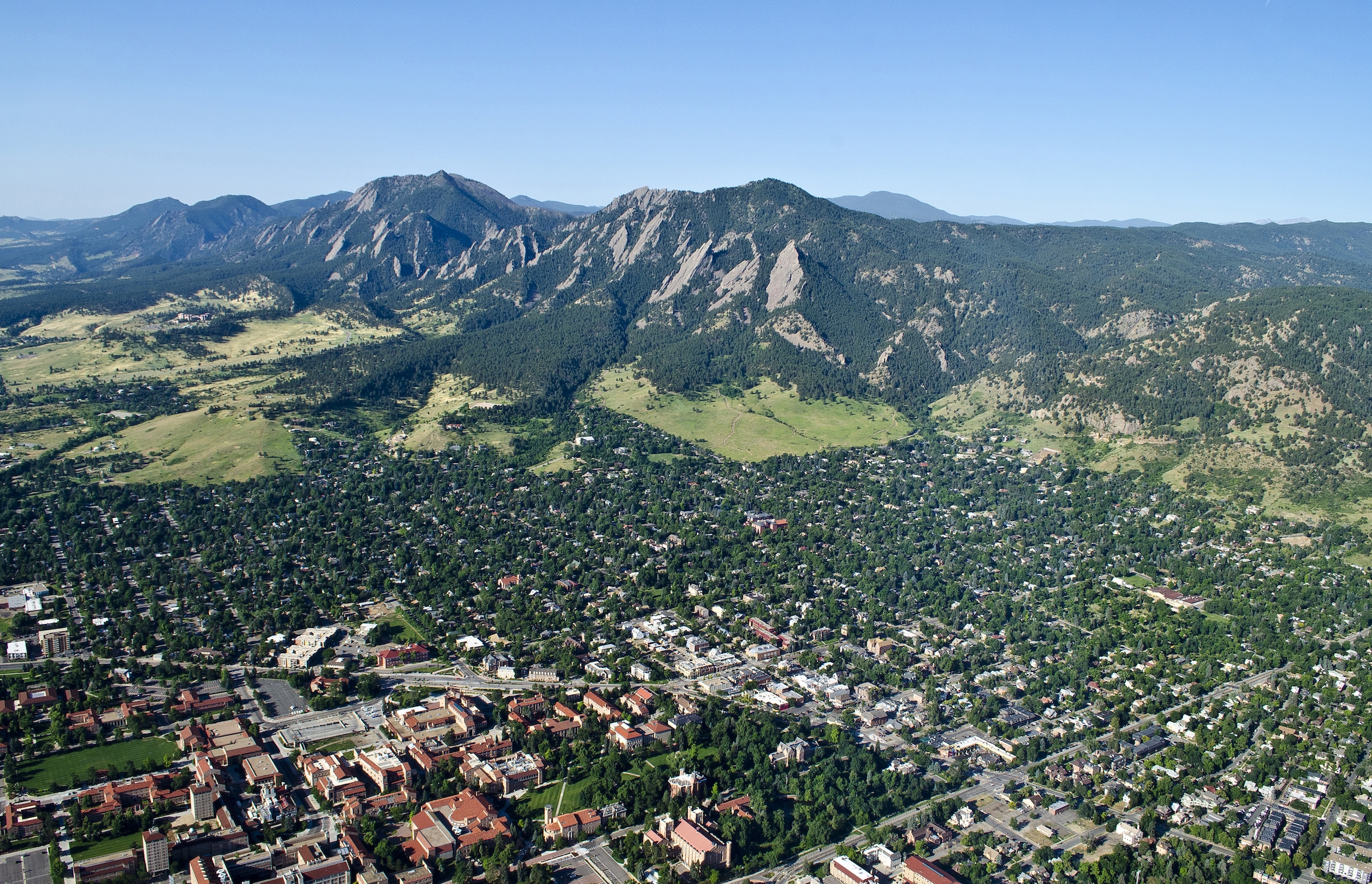
At the University of Colorado Boulder, sustainability is not just a practice but a guiding principle for research, education, and community engagement. When aligned with Indigenous worldviews, this vision takes on even deeper meaning. Indigenous perspectives remind us that sustainability is not a technical problem to solve, but a relational responsibility rooted in kinship, reciprocity, and intergenerational care.
For Indigenous Nations, sustainability begins with the understanding that humans are relatives within a living universe. The Earth, water, plants, animals, and stars are not “resources” but relations, each with responsibilities and gifts. This principle of all my relations echoes CU Boulder’s own mission to foster a sustainable future through connection, collaboration, and respect across disciplines and communities.
Central to this vision is reciprocity. The land and ecosystems that sustain CU Boulder—its mountains, streams, and plains—give life, and in return, the university has a responsibility to protect and restore them. Indigenous practices such as ceremony, controlled burns, food sovereignty initiatives, and water protection embody this ethic. CU Boulder’s sustainability initiatives can be strengthened by weaving these Indigenous approaches into research, student learning, and community engagement.
Sustainability also requires intergenerational responsibility, a value that resonates with CU Boulder’s focus on preparing future leaders. Indigenous Nations remind us of the Seven Generation principle: making decisions with the unborn in mind. For CU Boulder, this means designing programs, policies, and partnerships that ensure clean water, healthy ecosystems, renewable energy, and equitable opportunities for generations of students, families, and communities to come.
Another vital principle is ethical space for multiple ways of knowing. CU Boulder is already a leader in climate science, Earth observation, and sustainability research. When these strengths are braided with Indigenous Knowledge—built from centuries of careful observation, ceremony, and land-based practice—the result is more robust, resilient, and holistic solutions. CU Boulder has a unique opportunity to model how Western science and Indigenous Knowledge can coexist as dual, authoritative frameworks for sustainability.
Sovereignty and self-determination are also essential. Sustainability cannot succeed if Indigenous Nations are excluded from decision-making or if their treaties, rights, and governance structures are ignored. CU Boulder can demonstrate leadership by continuing to center Tribal voices in research partnerships, supporting Indigenous students, and co-developing initiatives with Tribes that advance both cultural and ecological resilience.
Finally, Indigenous visions for sustainability emphasize healing. For Indigenous communities, restoring buffalo, salmon, or native grasses is not only about biodiversity—it is also about cultural survival and spiritual renewal. CU Boulder can stand in solidarity with these efforts, supporting projects that heal both the land and the people. In doing so, CU also advances its own vision of a sustainable, just, and thriving future.
Conclusion
An Indigenous vision for sustainability, aligned with CU Boulder, calls for humility, reciprocity, and shared responsibility. It asks us to shift from extraction to relationship, from domination to collaboration, and from short-term solutions to intergenerational stewardship. By embracing Indigenous worldviews alongside its own sustainability commitments, CU Boulder can model what true leadership looks like in the 21st century: a university that not only studies sustainability, but lives it—in partnership with Indigenous Nations, the land, and future generations.
Post written by James Rattling Leaf, CIRES Tribal Advisor

